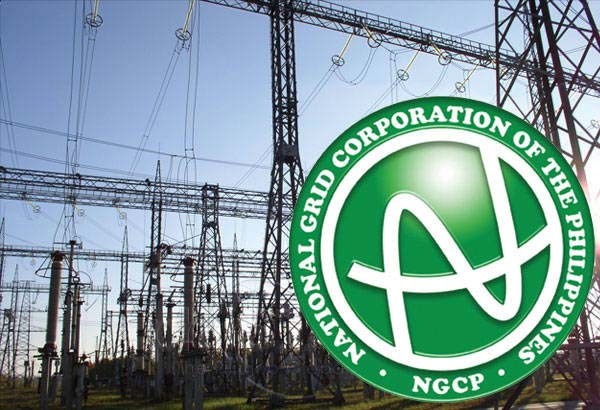EPIRA bars D.O.E., TransCo from auditing us–NGCP
By Lenie Lectura -March 11, 2020
from Business Mirror
THE National Grid Corp. of the Philippines (NGCP) said Tuesday that it would not agree to the proposed comprehensive system operations audit to be conducted by the Department of Energy (DOE) and the National Transmission Corp. (TransCo).
The audit sought to be conducted by the DOE and TransCo “amounts to a prohibited exercise of regulatory power, as denied to them by the governing law,” said the NGCP.
It added that when the Electric Power Industry Reform Act (Epira) was enacted into law, the Legislature carved out the authority to “regulate private-sector activities” from the DOE’s functions, and expressly transferred the same to the Energy Regulatory Commission (ERC).
NGCP President Anthony Almeda was supposed to say this himself during the scheduled Senate Energy Committee hearing Tuesday morning, but the hearing was canceled right away. NGCP representatives told lawmakers that Almeda is currently in the hospital. No other details were provided.
Almeda, in a prepared speech, said TransCo actually conducts, and NGCP permits, a regular periodic inspection of the substations and transmission assets nationwide.
This regular periodic inspection is defined under Section 7.03 of the Concession Agreement, which grants the Power Sector Assets and Liabilities Management Corp. (PSALM) and TransCo the right “to inspect the transmission assets and witness any aspect of the performance of this agreement.”
Section 10.01 also refers to PSALM’s right to “audit the concessionaire’s compliance, and performance, with its obligations under this agreement and other transaction documents.”
“In fact, TransCo will conduct another inspection this March. It is a regular, continuing and ongoing inspection. This physical inspection is apart from its access to NGCP’s books and financial records,” Almeda’s prepared speech released to the media stated.
The NGCP explained that the general provisions of Sections 7.03 and 10.01 must, however, be read in conjunction with other provisions of the concession agreement, especially those which restrict their general scope.
One such limiting provision, NGCP pointed out, is Section 2.01, which states that “the concessionaire, as the regulated entity, is to be regulated by the ERC. Neither PSALM nor TransCo has any regulatory rights, for any act or inaction of the concessionaire that are within the regulatory authority of the ERC, to [1] make its own determination, or [2] impose any penalties on the concessionaire.”
“It is very clear, therefore, that PSALM’s or TransCo’s right to inspect, or audit, NGCP under the concession agreement cannot encroach into matters that are within the exclusive regulatory power of the ERC. But TransCo and PSALM are asking to do just that,” he said.
“Such an audit will allow TransCo to make its own determination of whether NGCP’s system operations ensures the reliability, security and integrity of the Grid, in direct contravention to the concession agreement. These are determinations that only the ERC can make under Sections 7.03 and 10.01,” added Almeda.



